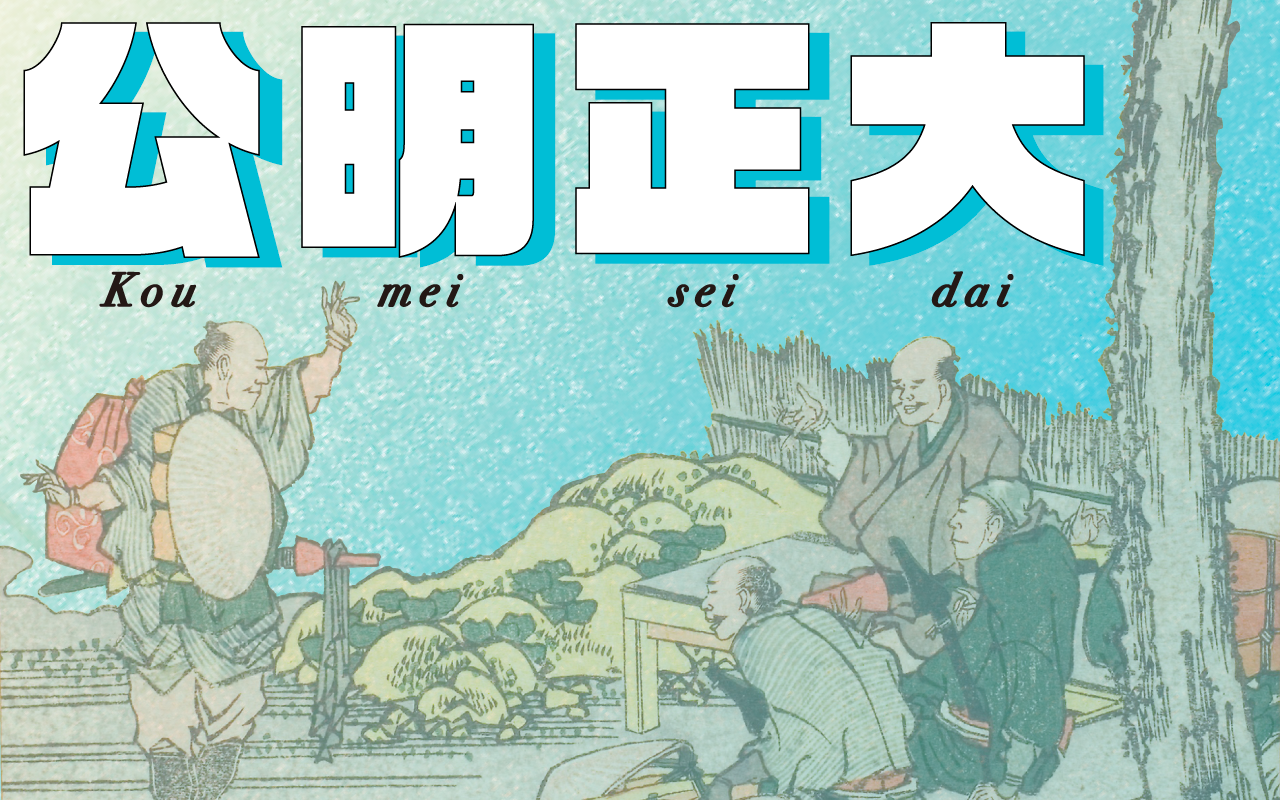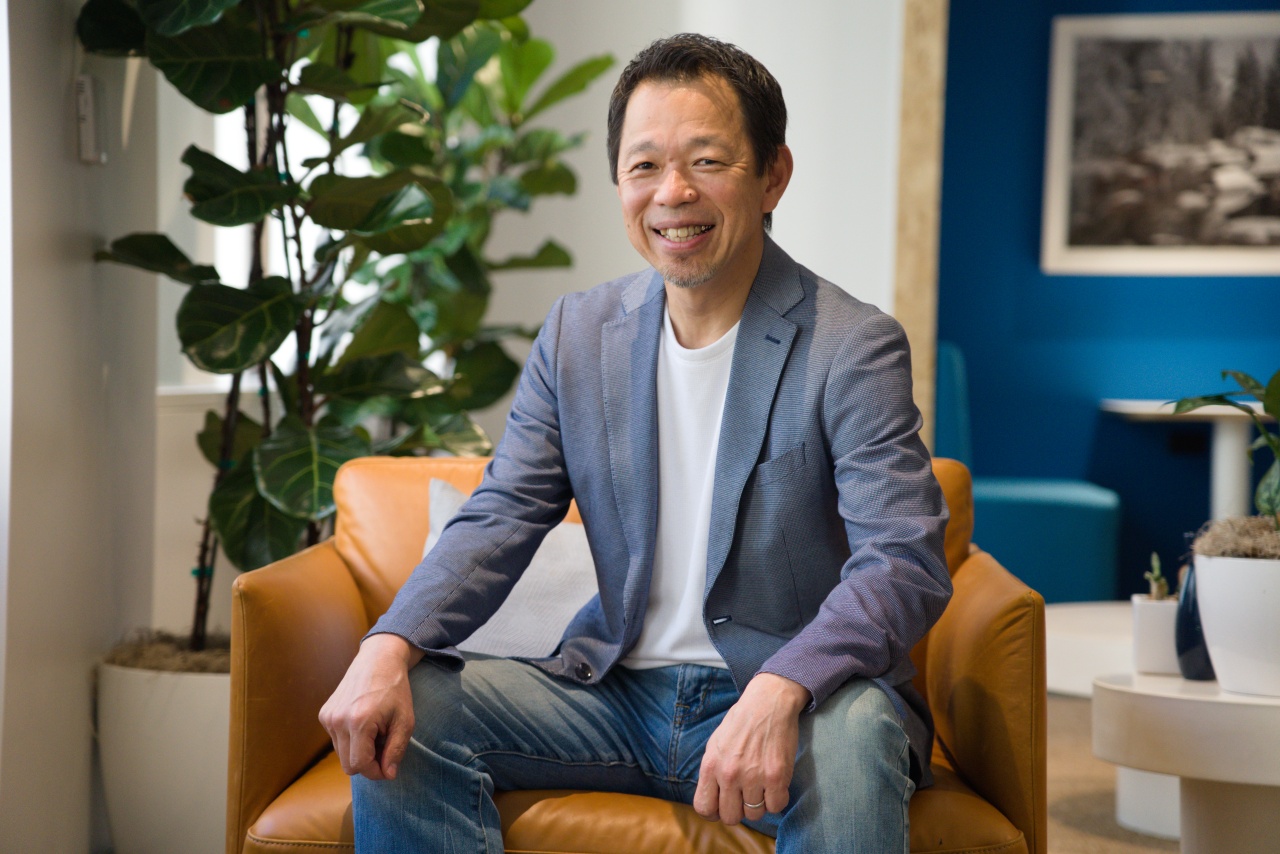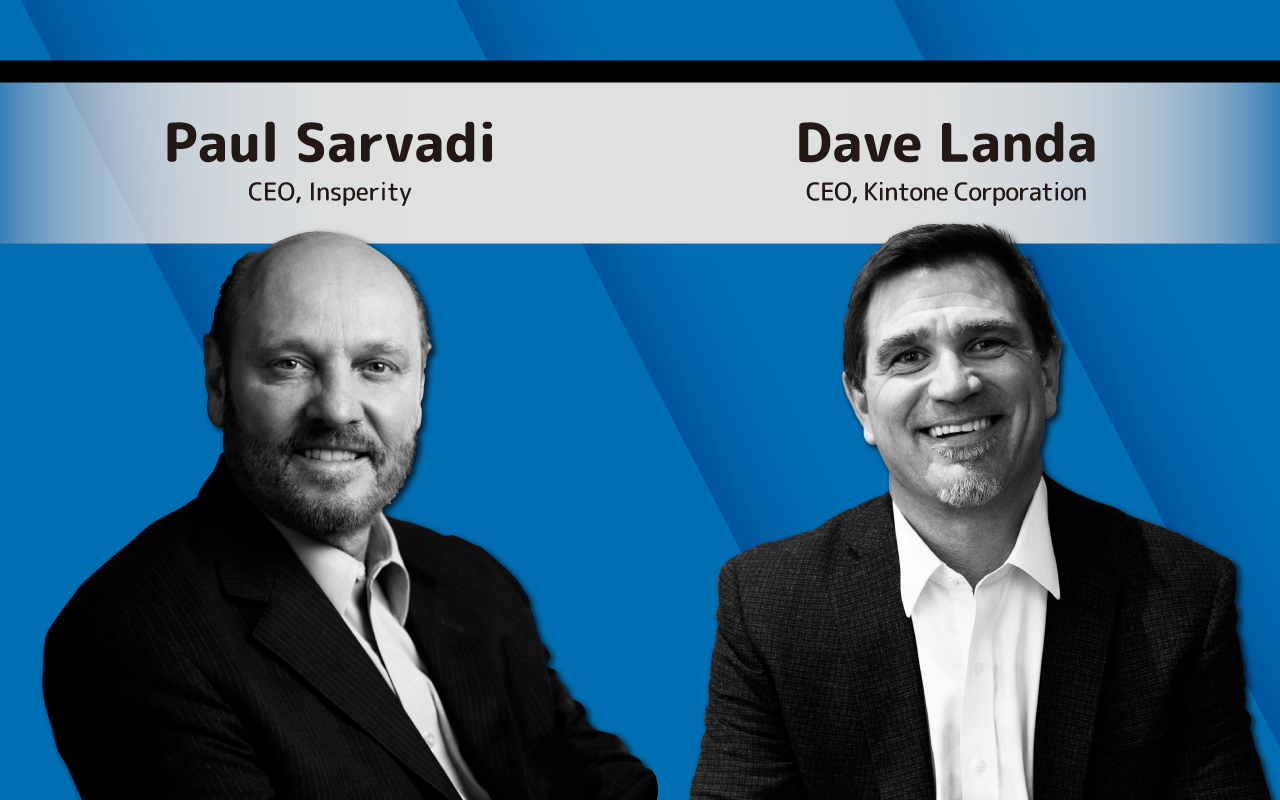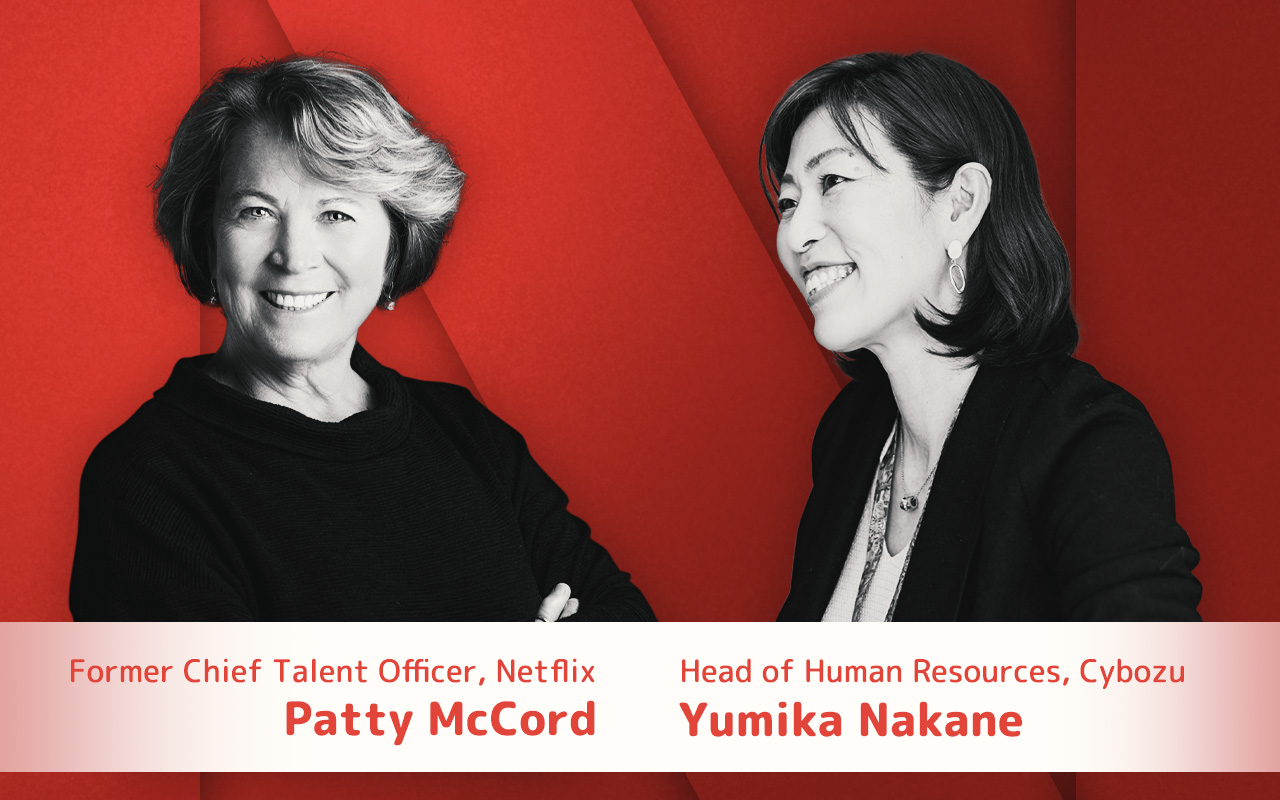Know First, Trust Later: The Japanese Teamwork Principle of "Koumeiseidai"
A message from Osamu Yamada, Executive Vice President of Cybozu and President of Kintone Corporation

Among colleagues at the workplace, few values are seen as more important than trust. Mutual trust is the emulsifier that helps team members connect, the yeast that allows teams to rise, the special sauce that gives each team its unique flavor. Culinary metaphors aside, trust is touted by many respectable leaders as a sine qua non for truly effective teamwork.
Based on my decades of experience as a manager and leader at a major Japanese tech company, I've come to believe that simply isn't true. Trust is great to have, but it isn't the defining factor for effective teamwork. In fact, we do our teams more harm than good when we delude ourselves into thinking our offices need to sustain the same level of spiritual connection as team of U.S. Navy SEALs.
Trust is relying on our belief in one another
In my native Japanese, the word trust (信頼) is a combination of the verbs "to believe" (信じる) and "to rely on" (頼る). I find this combination to be a fitting description of what it means to trust someone: I believe in your ability to do something, and rely on you to execute a task in accordance with that belief.
If we are to truly value trust within a company, then every employee has to believe and rely on every other employee. As an individual, I have to understand what everyone I work with expects of me, and work hard to prove to each person that I can live up to that expectation.
I think such a high standard is unnecessary and impractical. At its core, the effectiveness of teams stems from the motivation of individual members. The highest level of individual motivation comes from finding the intersection between what one can do, what one wants to do, and what one has to do. When we focus too much on trust, we put too much weight on the "what one has to do" part of the equation, which in turn can cause the whole foundation for motivation to collapse.
The Japanese principle of Koumeiseidai
So if not trust, what are the factors that can increase motivation and make teams more effective? I believe the most important objective for any leader is to make sure each team member resonates with the same ideals—that everyone is moved by a common vision. Trust is of little help if we are all moving in different directions, or are not sure about the underlying purpose of what we do. This first step can take years, and even when achieved, it should never be taken for granted.
For the teams that make it past the first step, the next thing to do is efficiently share roles and responsibilities. This division of tasks requires autonomy—in the sense that individual members should have the skills and mindset to carry out their tasks independently and responsibly—and open debate.
Implementing rules and policies that are based around the principles of autonomy and open debate will help build a company culture of open, honest and transparent communication among responsible adults—a culture that in Japanese we call koumeiseidai (公明正大).
Koumeiseidai is the combination of the four Japanese characters for public (公), clear (明), honest (正), and large (大). In other words, we must strive to make our thoughts and actions public, clear enough for anyone to understand, honest to the truth of the matter, and convey them with a loud enough voice so that all those concerned can hear.
In koumeiseidai culture, the highest regard is paid to openly sharing information, knowing who should do what, who can do what, and who wants to do what—in other words, discovering as a team the three pillars of motivation for each member.
A path to unity and mutual understanding
I understand why so many leaders put trust on a pedestal: Trust brings people closer. When team members trust each other, they feel a sense of safety, which in turn can lead to an increase in productivity. However, trust also has some downsides that are often overlooked.
If you trust me in a certain way, I may end up having to put significant effort into changing my behavior just to satisfy your expectations. In other words, I may have to change who I am in order to be worthy of your trust, and the failure to do so could result in severe consequences for me, professionally and emotionally.
If you've ever been in a position where you had to "take one for the team," you know what I'm talking about. We're often told that self-sacrifice for a greater cause is good, that it's a sign of loyalty—but I disagree. Self-sacrifice shows that something is wrong with the way a team is operating. It may be par for the course in fledgling businesses, but it should ultimately be treated as a symptom of dysfunction within the company, not as a tool to build trust and loyalty.
The koumeiseidai approach to building great teams places knowing each other above trusting each other. When you value knowing each other first, you become cognizant of each other's strengths and weaknesses, of each other's aspirations and motivations, and in doing so you reduce the distance between members without placing on others the undue burden of overblown expectations.
Shifting the focus of teambuilding away from trust may sound cold to many, but I believe it's a quintessential form of respect for diversity and individuality. Wherein trust pulls you into the realm of another person's expectations, koumeiseidai pushes us all to understand the differences inherent to each individual, and employs those differences as the boundary that defines what we can expect of one another.
Once these boundaries are set, and as long as our team meets the precondition of being moved by a common vision, team members will begin to feel the psychological safety and sense of purpose that are the true underpinnings of great teamwork. Over time, teams operating in this rich and positive environment will develop a unique sense of unity; that deep human connection we hear about so often from TED stages and business magazines.
If our teams can develop and share that deep sense of unity, quite frankly, trust is just icing on the cake.

Osamu Yamada is the Executive Vice President of Cybozu and President of its U.S. affiliate, Kintone Corporation. Osamu began his career in 1992 working for the Industrial Bank of Japan. In 2000 he joined Cybozu, where he became in charge of the department of financial affairs, human resources and general affairs. He has been involved in building the human resource system and training courses that both companies use today. In 2014, as part of the company's plan for global expansion, he moved to San Francisco, where he helped establish the affiliate's legal personality. He still resides in San Francisco.
Edited by Alex Steullet
Editor

Alex Steullet
Alex is the editor in chief of Kintopia and part of the corporate branding department at Cybozu. He holds an LLM in Human Rights Law from the University of Nottingham and previously worked for the Swiss government.




